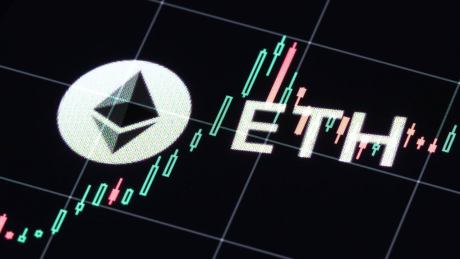If you haven’t checked *insert your favorite Bitcoin (BTC) price tracker here* over the past few hours, you’re in for a fresh surprise.
The cryptocurrency market has incurred its second large trading session of losses this week, with the aggregate market capitalization of all digital assets tumbling to $209 billion.
Related Reading: Fractal: Bitcoin Price Likely to Hit $7,500 Before Rally to New Highs
Bitcoin, in particular, is trading at $7,850, posting a 4.5% loss in the past 24 hours. Altcoins have fared worse, with most registering daily performances of under -6%.
Bitcoin Price Recovery Still on Track
This dramatic move to the downside, for some reason, sparked fears that Bitcoin is entering another “bear market”.
However, historical data shows that the cryptocurrency is still on track to recover as it did in previous cycles, making the 25% drop over the past week not long-term bearish per se.
ARK Invest’s in-house crypto analyst, Yassine Elmandjra, noted that Bitcoin is currently at “similar levels of recovery as both 2011-2013 and 2015-2017 recovery periods”.
UPDATE: Day 284
Currently at similar levels of recovery as both 2011-2013 and 2015-2017 recovery periods. pic.twitter.com/ntedTt6vEl
— Yassine Elmandjra (@yassineARK) September 26, 2019
Indeed, as Elmandjra’s chart shows, Bitcoin has recovered to around 40% of its all-time high in 284 days, which is marginally better than what BTC accomplished during two previous cycles.
This implies that the cryptocurrency market isn’t in another bear market, despite what emotional traders and analysts may be spouting on Twitter.
Related Reading: Bears in Charge as Bitcoin Price at Risk of November 2018 Style Dump
It is important to note, however, that there are still some signs that may signal Bitcoin is in at least a medium-term bear trend.
These signs include a loss of the 200-day moving average, a technical level many see as a sign of macro trends; a Relative Strength Index and Moving Average Convergence Divergence reading that is still far from reaching the historical bottom region; and the clear lack of buying interest from accumulators.
Featured Image from Shutterstock























